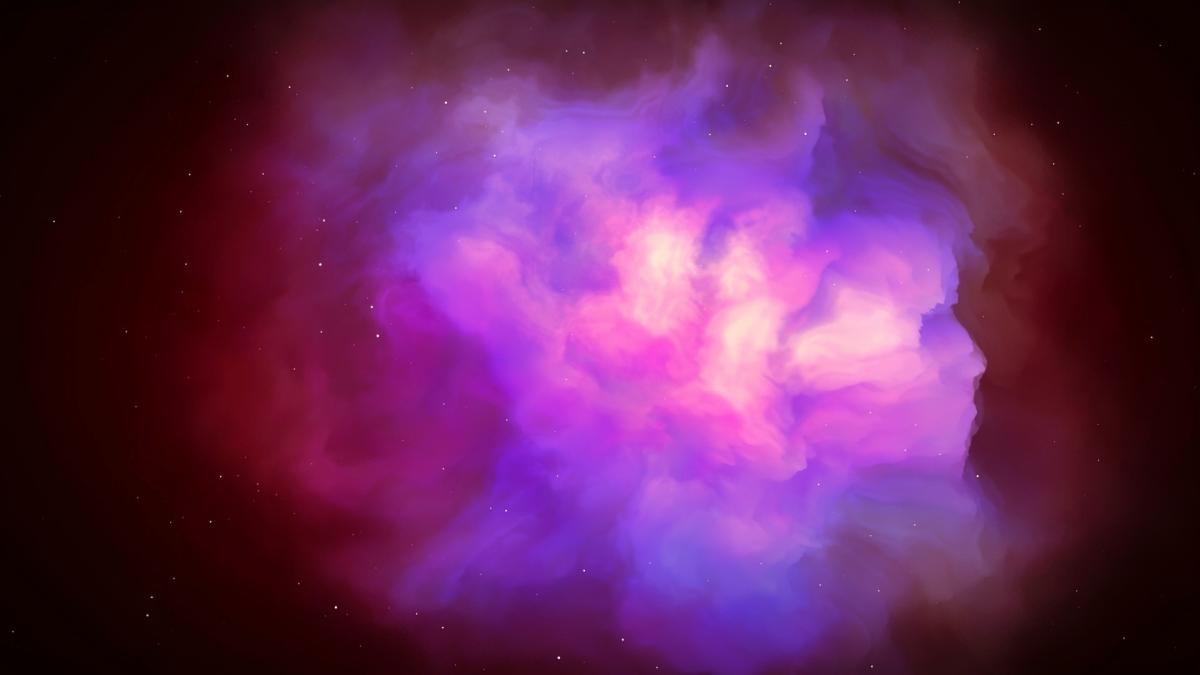
In this video, A.H. Almaas moderates a panel of scientists about the nature of consciousness, asking them what their working definitions of consciousness are and how they contribute to the understanding of it, as well as how they differ from or enhance spiritual views. It is a dizzying, mind-expanding conversation that roams across concepts such as quantum resonances in microtubules, Platonic values, qualia and the Bourne Rule, but also the Vedic belief in four kinds of consciousness: waking, dreaming, sleep and awakening. The conversation crackles with intelligence and nuance.
Highlights from the Panel Discussion
Consciousness, the "hard problem" of science, is a topic that continues to puzzle philosophers and scientists alike. While science has been successful at explaining the functional aspects of the mind – like memory, language, and intelligence – it has struggled to define the fundamental nature of consciousness itself.
So, how do we define consciousness in a way that allows us to study it? The answer, as explored by leading researchers, is that there are many different approaches and working definitions, each contributing to a richer, more complete understanding.
Defining Consciousness: Diverse Perspectives
Many researchers view consciousness as phenomenal awareness, a subjective experience that includes all our senses. This includes the experience of sight, sound, and smell, but also less-examined senses like touch and taste. This perspective also acknowledges the role of memory, emotion, preference, and our sense of self. It suggests that by examining even the simplest forms of awareness, such as those found in microbes, we might uncover the most fundamental aspects of consciousness.
Other definitions focus on the functional role of consciousness, describing it as the collection of our thoughts, ideas, feelings and the natural optimizing movement toward pleasure and away from pain. In this view, consciousness is intrinsically linked to memory and a sense of history. It’s not a static state but a dynamic process where past experiences inform and shape our present awareness. From this perspective, a purely fabricated experience with no historical context wouldn't be a true conscious experience.
The Role of Science and Spirituality
The scientific and spiritual approaches to consciousness are often seen as separate, but they don’t have to be. Science excels at exploring what consciousness does and how it functions, while spiritual traditions often focus on what consciousness is—a fundamental, underlying reality.
This doesn’t mean science can’t contribute to our spiritual understanding. In fact, some believe that as scientific theories of consciousness become more precise and predictive, they will reveal new insights that enrich both our scientific and spiritual understanding. This could lead to a deeper appreciation for the nature of reality and our place within it. For example, a scientific theory might eventually explain how our personal values and ethical choices are influenced by fundamental principles embedded in the universe itself, an idea with some parallels to spiritual concepts.
Ultimately, the quest to understand consciousness is a collaborative effort. By exploring consciousness from different angles – through quantum physics, neuroscience, and philosophy – and by developing mathematical models that can be proved or disproved, we move closer to a more comprehensive view. While we may not have a single, definitive answer yet, each new discovery and theory brings us a step closer to solving one of the greatest mysteries of existence.

